Legal system protects multinationals
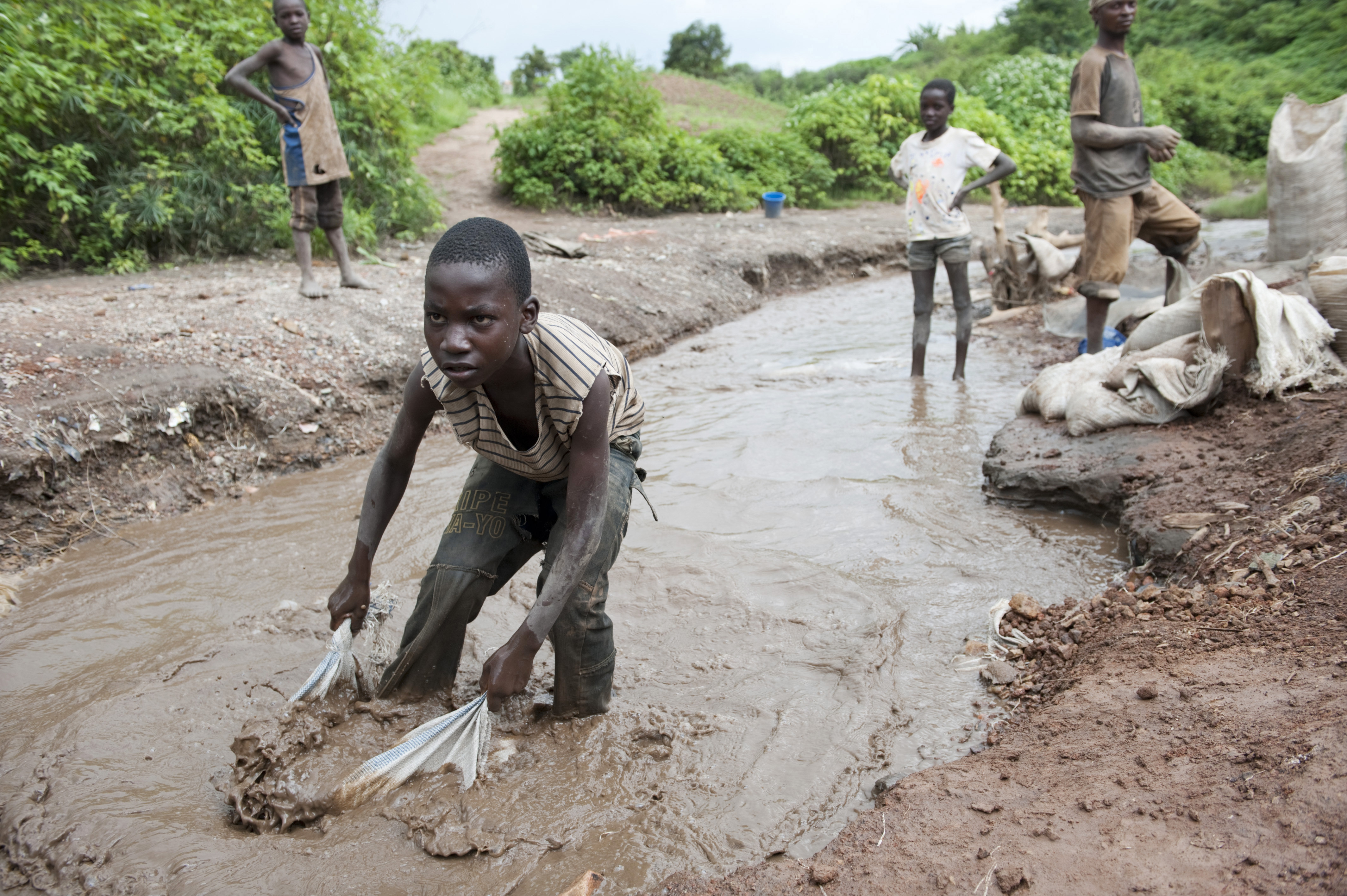
Companies in which the Swiss-based commodities giant Glencore is the majority shareholder are violating human and environmental rights in Congo, a new report says.
The report says the Glencore subsidiary Katanga Mining Limited (KML) is buying ore from small mines with “catastrophic working conditions” which also use child labour, and is polluting the environment, including water supplies, leaving thousands without water fit to drink.
But the authors of the report, issued on Monday by the Swiss non-governmental organisations Swiss Catholic Lenten Fund and Bread for All, say the victims are unlikely to be able to obtain legal redress, even in Switzerland.
For its part, Glencore spokesman Simon Buerk told swissinfo.ch, that the company rejected the main accusations in the report. He stressed that it wanted to continue dialogue with the NGOs and the local communities to clarify the situation.
The report focuses on the province of Katanga in the south of the Democratic Republic of Congo (DRC), which has 34 per cent of the known world reserves of cobalt and ten per cent of its copper.
But 70 per cent of the population live in extreme poverty, and 80 per cent do not have access to drinking water.
Words are not enough
It is not the first time that the Swiss NGOs have had Glencore in their sights.
“In 2011 we published an initial report which revealed a whole series of violations committed by Kamoto Copper Company [in which Glencore has invested heavily] in Katanga. But a year later, we have seen practically no progress on the ground,” the report’s co-author Chantal Peyer of Bread for All, told swissinfo.ch.
But despite the proofs that have been gathered, it will be hard to bring any of the illegal activities to court.
“The DRC is a politically unstable country,” Peyer explained. “The institutions don’t function as they should and the independence of the judicial system is not always guaranteed.”
“It is extremely dangerous for the victims to bring a case before a Congolese court. That would mean opposing people who run the economies of entire regions and who have close ties with the authorities. They could expect to receive threats.”
Legal fog in Switzerland
Glencore’s headquarters are in the Swiss canton of Zug, but it is not clear that the matter can be brought before a court there either.
“As far as company liability is concerned, Swiss legislation is still very conservative,” says lawyer François Membrez, who has carried out a study on the issue for Swiss NGOs. “There are no provisions forcing multinationals and their managers to respect human and environmental rights when they are operating abroad through subsidiaries.”
“It is possible under civil law to take a company to court, but the law makes a very clear distinction between the mother company and the subsidiaries, on the basis of the principle of the separation of the legal personality.”
This means that a Swiss court cannot rule on cases of suspected violations committed by companies in the DRC even where Glencore is the majority shareholder.
François Membrez finds this separation outdated.
“Multinationals today operate more and more via a huge network of subsidiaries abroad and exploit the lack of legal clarity to push things to the limit, even beyond legal limits,” he says.
But if there is practically no room for manœuvre as far as a civil suit is concerned, the Swiss penal code does now include the possibility, introduced in 2003, of bringing charges against a company – but only if the individual responsible for the alleged criminal acts cannot be identified.
“This is a very restrictive condition, and not very satisfactory,” Peyer commented.
“Article 102 provides for penalties of up to SFr5 million ($5.4 million) for violations committed abroad by the subsidiaries of a multinational,” Membrez explained. “But the law only mentions crimes that are particularly serious at an international level, like terrorism or money laundering. It doesn’t say anything about violations of human or environmental rights.”
Pressure for change
A case filed against Nestlé and several of its managers at the beginning or March could set a precedent. The company is accused of complicity in the killing of Luciano Moreno, a former employee of Nestlé subsidiary Cicolac in Colombia. The case, brought by Swiss lawyers on behalf of a Colombian trade union and a German NGO, is currently being considered by the public prosecutor in canton Zug.
Whatever the outcome, Peyer sees this as a landmark case. If it is ruled inadmissible, it will throw light on the Swiss legal system and confirm the need for a reform of the law, she explained.
But the Nestlé case involves a homicide, which is regarded as a serious crime.
“In the case of pollution of the environment, or even child labour, it’s not so easy to invoke Article 102,” she warned.
But she remains optimistic.
A campaign launched in November by the Swiss NGO Corporate Justice calling on the government and parliament to toughen the existing legislation has had a good response, she said.
However, change is not imminent. In the March session of parliament the House of Representatives went against the government’s recommendation and rejected a motion calling for a report on the role of Swiss based commodity traders, and the risks they could pose to Switzerland’s image.
Glencore CEO, Ivan Glasenberg, has categorically rejected allegations raised in a television show supported by two Swiss NGOs that it used child labour in the Democratic Republic of Congo.
“Glencore has never acquired raw material from artisanal mines,” Glasenberg said in an interview with Swiss public television and the British BBC.
He pledged that no more raw acid would be dumped into rivers near the mines. The communities confirmed the pollution had stopped, but said Glencore had offered no financial compensation for the damage incurred to the environment.
Glencore International is one of the world’s largest commodity traders.
The company has been based in Baar, Switzerland, since 1974, and went public in May 2011. It is listed in London and Hong Kong.
Glencore and its subsidiaries have about 2,800 staff in more than 40 countries around the world. Its industrial operations directly or indirectly employ some 55,000 people in 33 countries.
Glencore boosted its revenue to $186 billion (SFr176.4 billion) in 2011, an increase of 28% on the previous year.
Over the past few years the company has extended its activities from intermediary to control the entire production chain of raw materials.
Glencore has a 35% share in the Swiss-based rival, Xstrata. In February, the companies announced plans for a merger.
The new giant will be among the top four in the commodity business worldwide if the merger is approved by regulators and shareholders.
(Adapted from French by Julia Slater)

In compliance with the JTI standards
More: SWI swissinfo.ch certified by the Journalism Trust Initiative









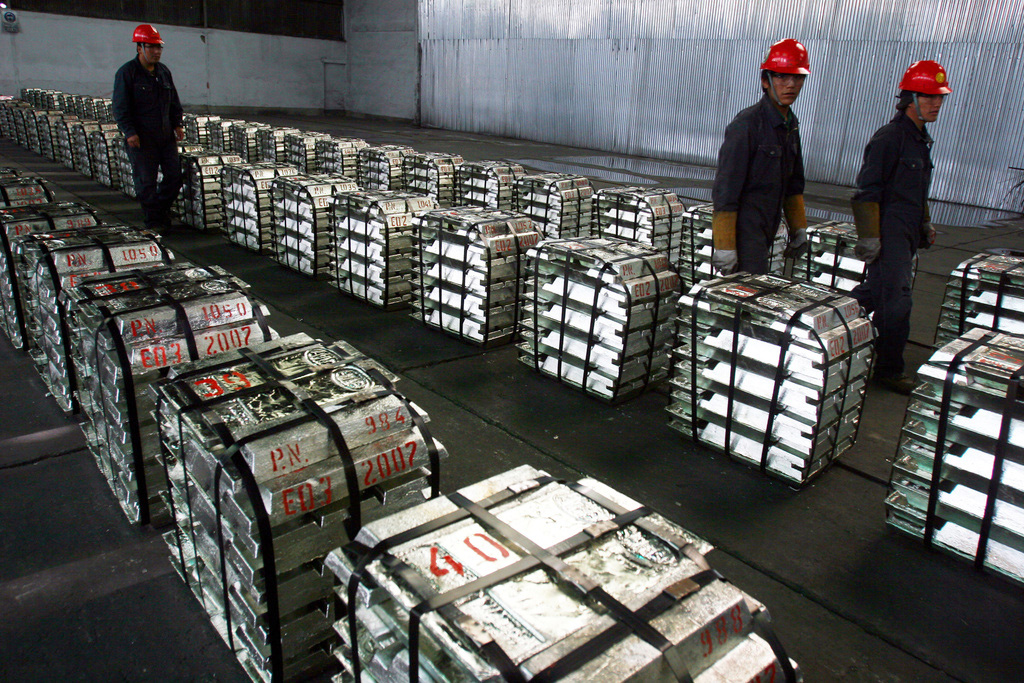
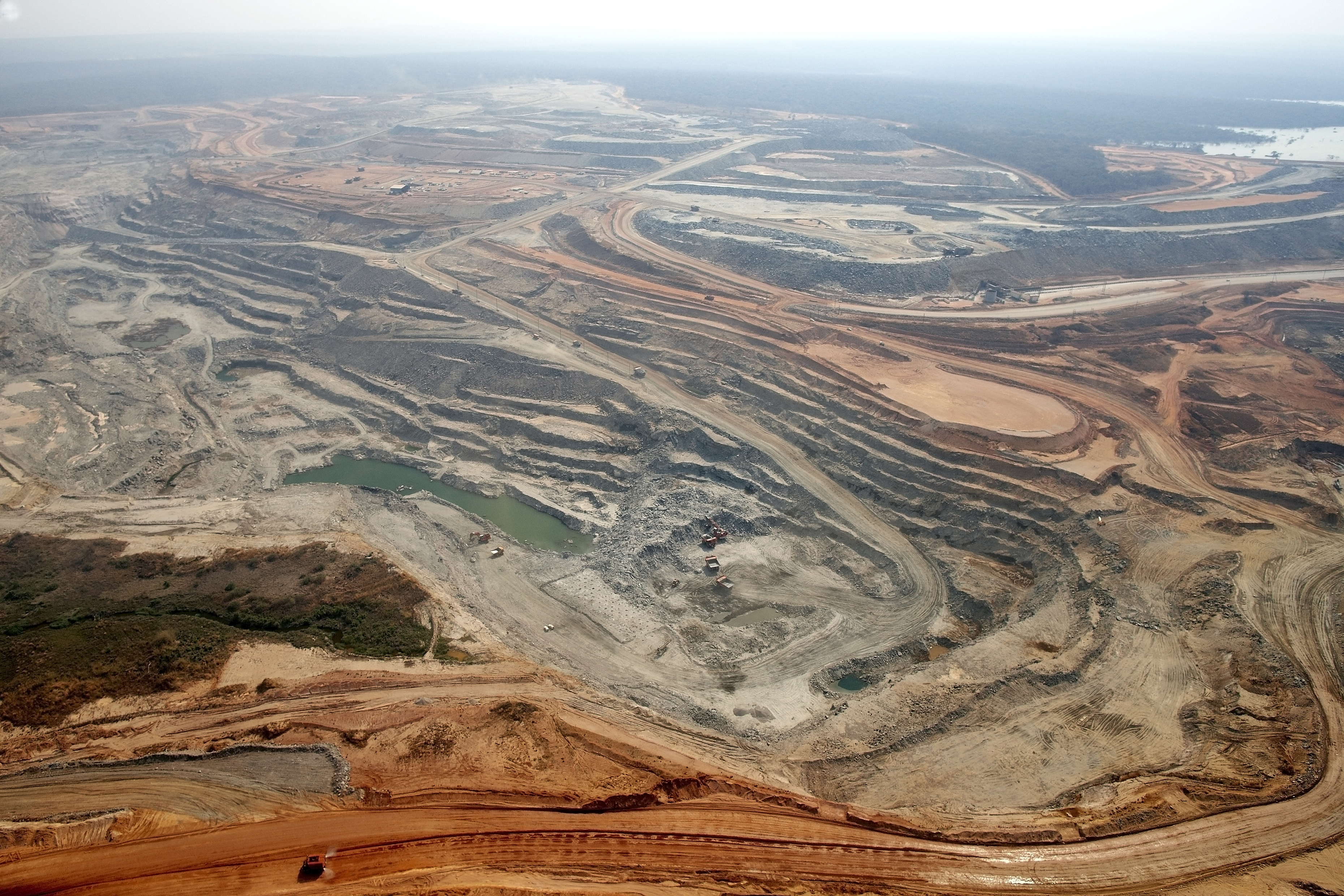
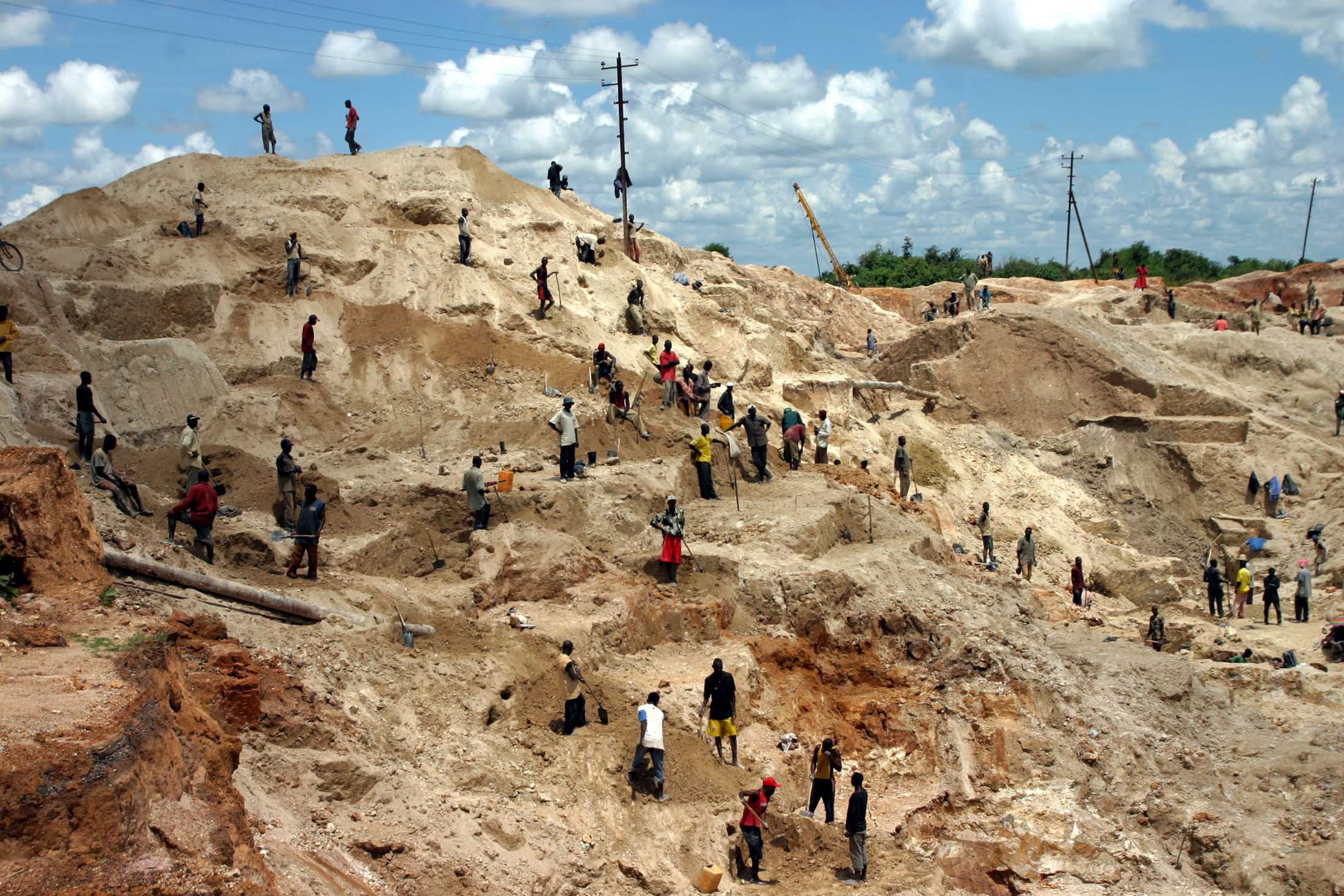
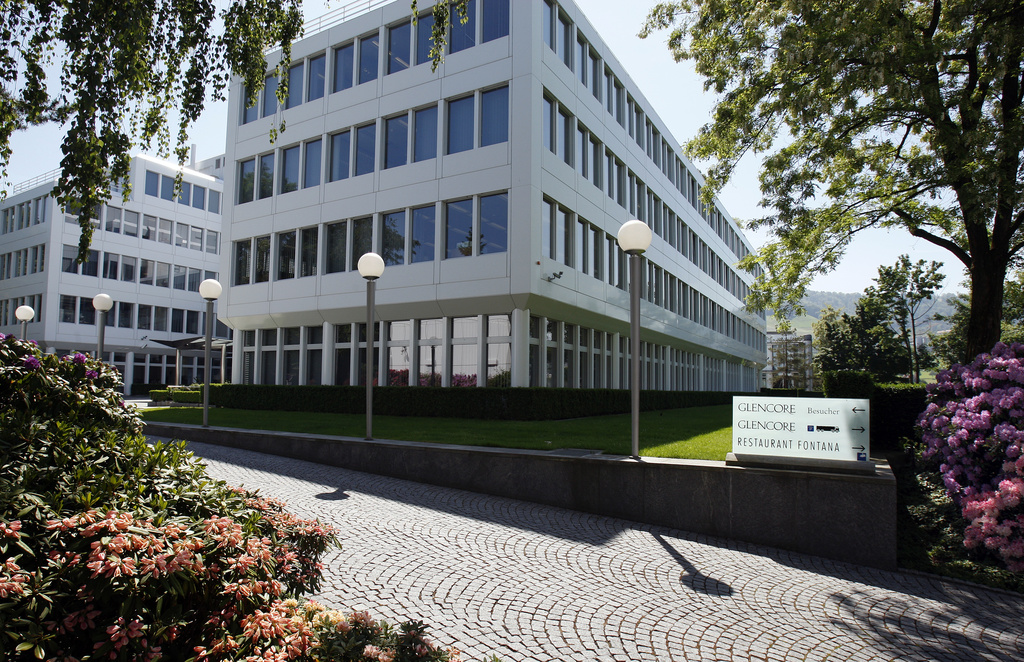
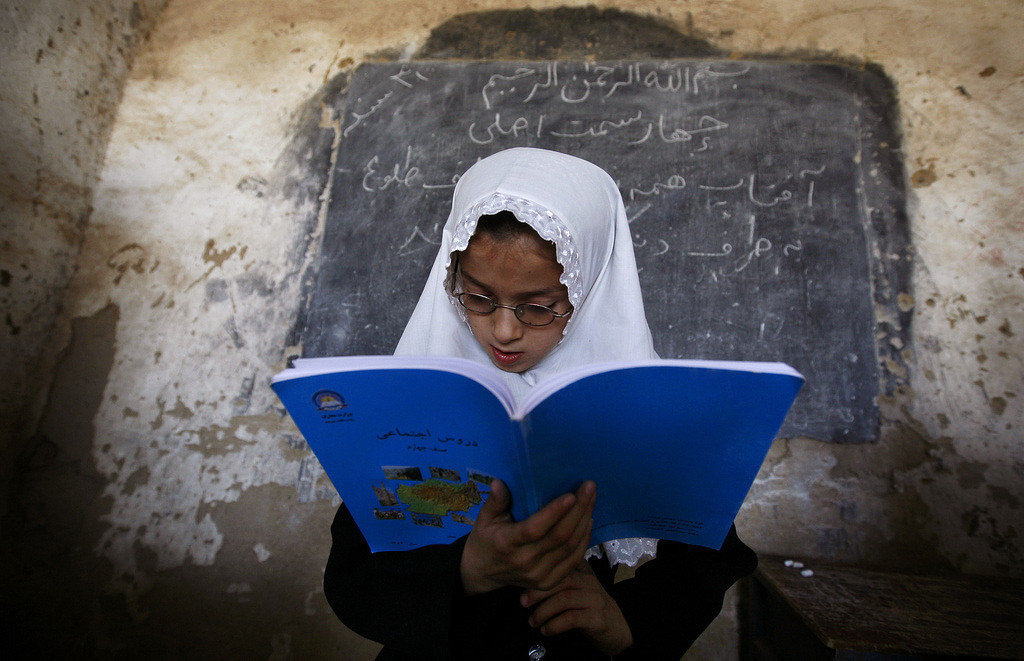


You can find an overview of ongoing debates with our journalists here . Please join us!
If you want to start a conversation about a topic raised in this article or want to report factual errors, email us at english@swissinfo.ch.